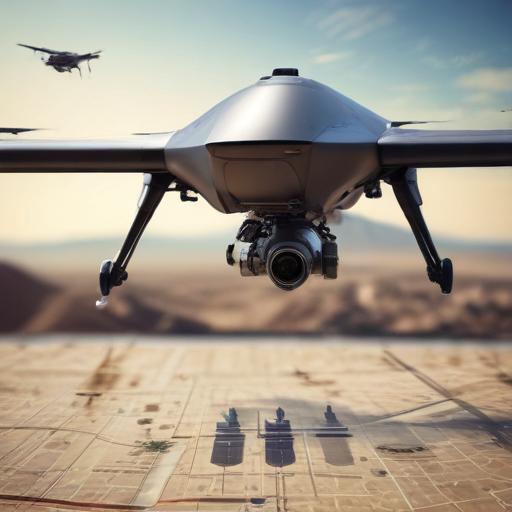Meta has entered a partnership with Anduril Industries to develop augmented and virtual reality devices tailored for military applications, a notable shift considering the company’s prior dismissal of Anduril’s founder, Palmer Luckey, in 2017. Luckey, who founded Oculus—acquired by Meta (then Facebook) in 2014—became embroiled in controversies related to political donations, which some reports linked to his exit from the company.
Since rebranding, Meta has focused on monetizing extended reality (XR) technologies, a term that includes both virtual reality (VR) and augmented reality (AR). Despite investing approximately $80 billion since the Oculus acquisition, Meta’s Reality Labs division has faced significant financial losses, totaling $4.2 billion in the first quarter of 2025. The military sector’s substantial budget, expected to surpass $1 trillion this year, presents a potential opportunity for Meta and Anduril to generate meaningful returns on these investments.
Mark Zuckerberg, CEO of Meta, emphasized the partnership’s aim to enhance capabilities for U.S. servicemembers, highlighting the importance of AI and AR technologies in shaping the future of computing. The collaboration is anticipated to leverage Anduril’s Lattice platform, which integrates AI to provide real-time data in battlefield contexts, supporting soldiers’ decision-making.
Luckey expressed enthusiasm about collaborating with Meta again, sharing his vision of empowering warfighters with advanced technology.
This partnership marks an interesting evolution in both companies’ trajectories and their approach to dual-use technologies, suggesting a future where military effectiveness is enhanced through innovative tech solutions.
The partnership has a hopeful outlook as it could lead to advanced tools that strengthen national security and support servicemembers in their duties, illustrating a commitment to evolving military technology in a rapidly advancing digital landscape.
